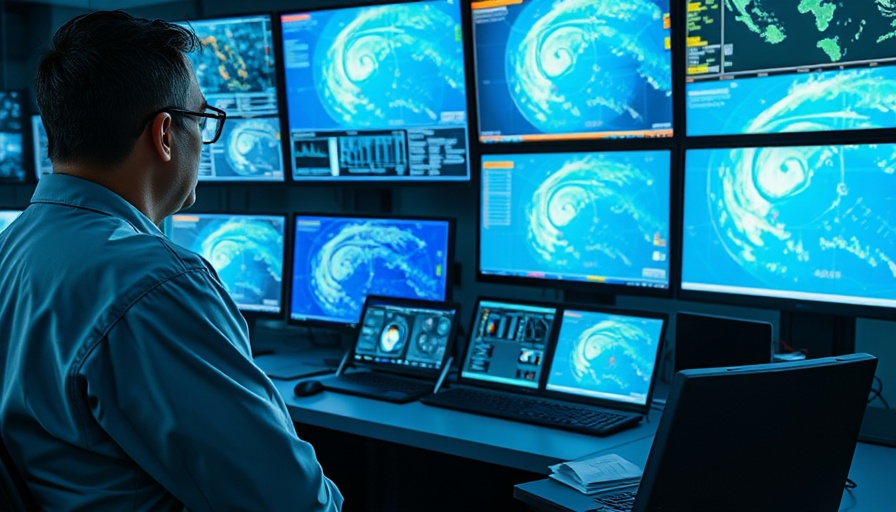
Understanding the Importance of Hurricane Preparedness
As hurricane season draws near, the recent proclamation from President Donald Trump declaring the week of May 5 as National Hurricane Preparedness Week serves as a crucial reminder for Americans. With forecasts indicating an above-average hurricane season for 2025—featuring 17 named storms, nine of which are expected to become hurricanes—it is vital for residents in hurricane-prone areas to take proactive measures in preparing for potential storms.
The Risk of Staffing Cuts at NOAA
Critically, this announcement comes against the backdrop of significant staffing reductions within the National Oceanic and Atmospheric Administration (NOAA), which affects the National Hurricane Center and the National Weather Service. Experts and lawmakers have raised alarm bells regarding these cuts, arguing that they pose a substantial risk to public safety by limiting access to timely and accurate weather forecasting. Jared Huffman, a U.S. House Natural Resources Committee member, articulated that “people nationwide depend on NOAA for free, accurate forecasts,” stressing that the loss of scientists and experts could potentially cost lives during severe weather events.
The Call for Community Action
President Trump outlined the need for individual households to develop comprehensive disaster preparedness plans. This involves assessing personal risk, creating emergency plans, and securing homes against hurricane-related hazards. Engaging with local officials who are equipped to make informed decisions about resource deployment is also essential. For residents in coastal communities, forming local disaster response groups can further enhance safety and preparedness levels.
Historically Significant Hurricane Events
Reflecting on past hurricanes, catastrophic storms like Hurricane Katrina and Hurricane Sandy underscore the devastating impact that inadequate preparedness can have on communities. The National Hurricane Center continually studies such events to improve predictions and increase safety measures. By learning from these historical occurrences, communities can bolster their resilience and response strategies.
Future Predictions and Planning
As the scientific community anticipates a busy hurricane season, they emphasize the importance of preparedness and education. Understanding hurricane categories and preparation options can empower more people to act responsibly. Families are encouraged to establish supply kits, formulate evacuation plans, and remain informed about the latest forecasts. The push for emergency preparedness education is paramount in ensuring communities are ready to respond effectively.
Final Thoughts on Hurricane Preparedness
As we embark on the hurricane season, prioritizing awareness and preparation can significantly reduce risks associated with severe weather. The call to action from government officials and weather experts resonates with individuals in at-risk regions: prepare, plan, and stay informed to protect yourselves and your loved ones from the uncertainties of hurricane seasons to come.
 Add Row
Add Row  Add
Add 




Write A Comment